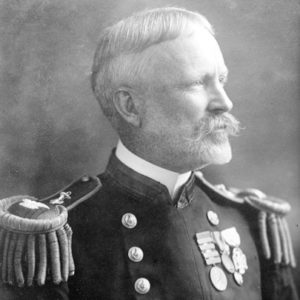 Roy Smith
Roy Smith
Race and Ethnicity: White - Starting with S
 Roy Smith
Roy Smith
Smith, Sarah Jane
Smith, Stephen Austin
Smith, V. V.
aka: Volney Voltaire Smith
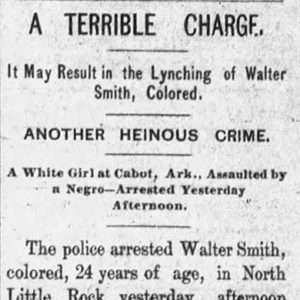 Walter Smith Crime Story
Walter Smith Crime Story
Smith, William Jennings (Bill)
Smith, William W.
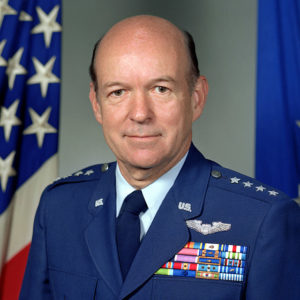 William Y. Smith
William Y. Smith
Smith, William Young
Smith, Willis S.
Smithee, James Newton
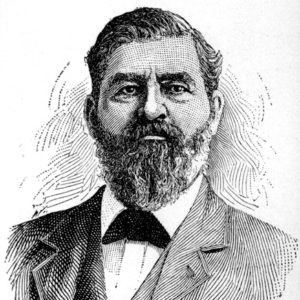 J. N. Smithee
J. N. Smithee
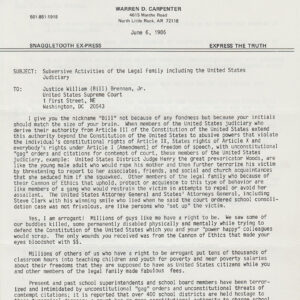 Snaggletooth Ex-Press
Snaggletooth Ex-Press
Snell, Richard Wayne
Snodgrass, William Anderson
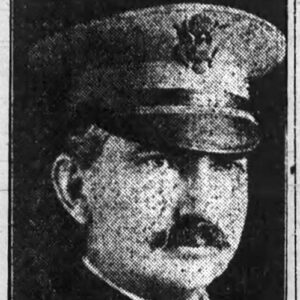 William Anderson Snodgrass
William Anderson Snodgrass
 Snyder Campaign
Snyder Campaign
 Snyder Campaign
Snyder Campaign
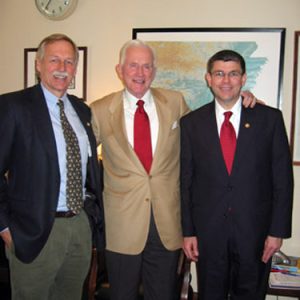 Snyder, Broyles, and Ross
Snyder, Broyles, and Ross
Snyder, Harold
aka: Ralph Harold Snyder
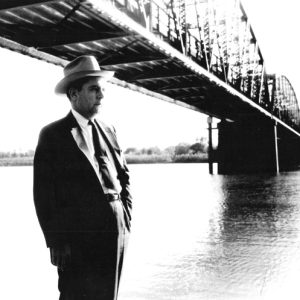 Harold Snyder
Harold Snyder
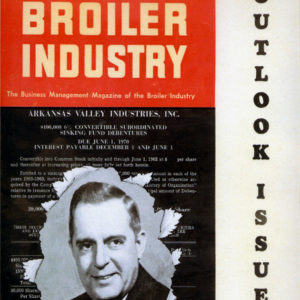 Harold Snyder
Harold Snyder
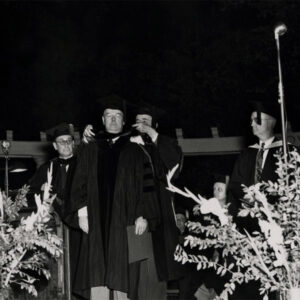 John W. Snyder
John W. Snyder
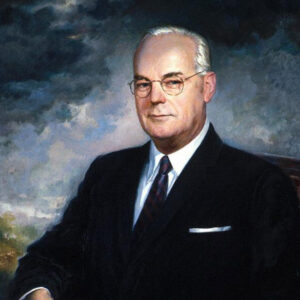 John Wesley Snyder
John Wesley Snyder
Snyder, John Wesley
Snyder, Larry Lloyd
Snyder, Oliver P.
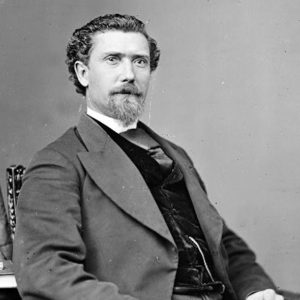 Oliver P. Snyder
Oliver P. Snyder
 Vic Snyder
Vic Snyder
Snyder, Victor F.
Snyderman, Nancy Lynn
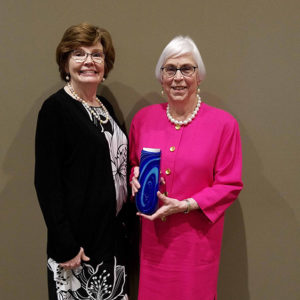 Patricia Wright and Edwina Walls Mann
Patricia Wright and Edwina Walls Mann
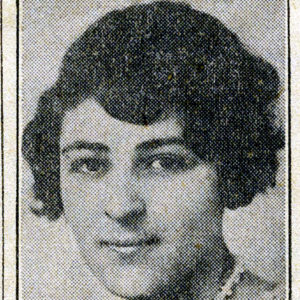 Lidia Gertrudis Sogandares
Lidia Gertrudis Sogandares
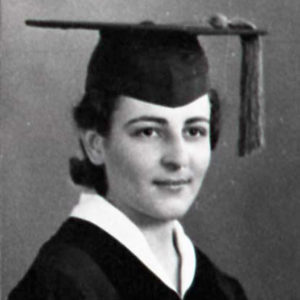 Lidia Gertrudis Sogandares
Lidia Gertrudis Sogandares
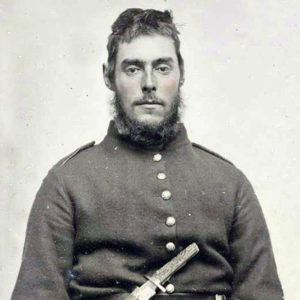 Soldier with Bowie Knife
Soldier with Bowie Knife
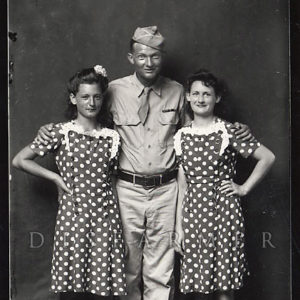 Soldier with Two Girls in Polka Dot Dresses
Soldier with Two Girls in Polka Dot Dresses
Solomon, David
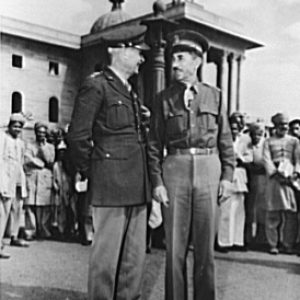 Brehon Somervell
Brehon Somervell
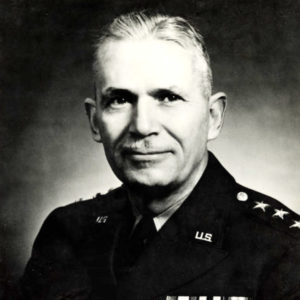 Brehon Burke Somervell
Brehon Burke Somervell
Somervell, Brehon Burke
 Betty Sorensen
Betty Sorensen
 Betty Sorensen with Polio Patient
Betty Sorensen with Polio Patient
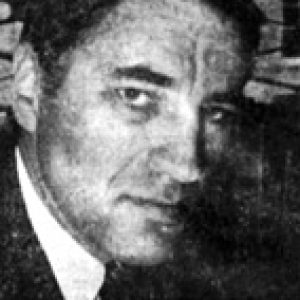 John Sorensen
John Sorensen
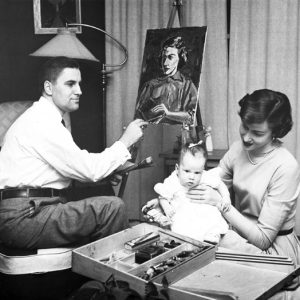 John Sorensen
John Sorensen
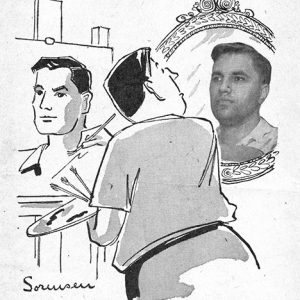 John Sorensen Self-Portrait
John Sorensen Self-Portrait
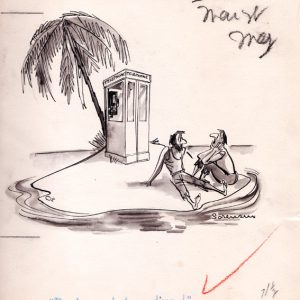 Cartoon drawn by John Sorensen
Cartoon drawn by John Sorensen
Sorensen, John Hjaelmhof
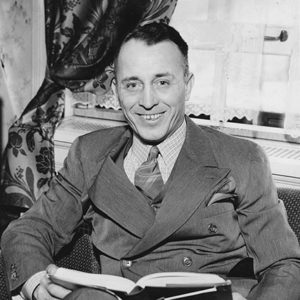 John Sorrells
John Sorrells
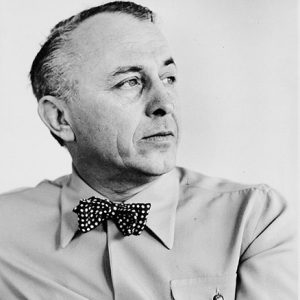 John Sorrells
John Sorrells




